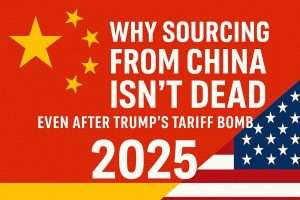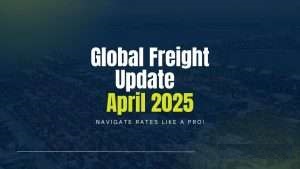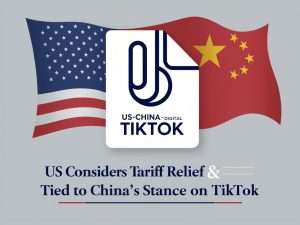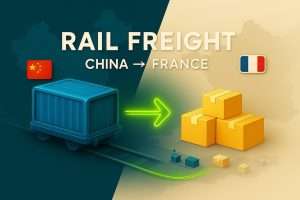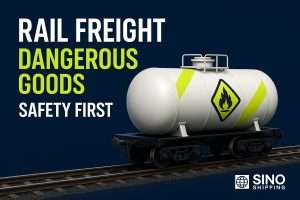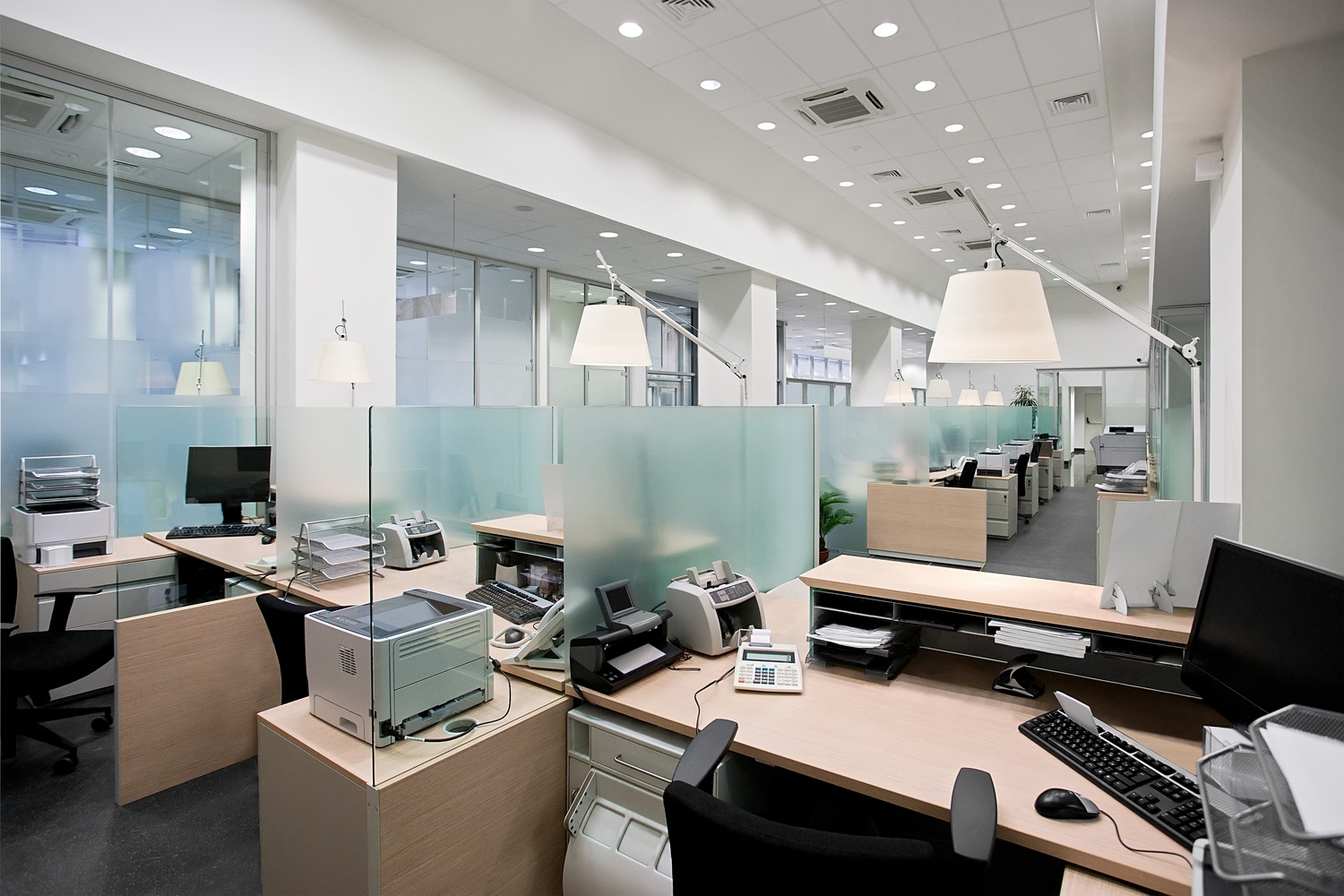When importing products from China, understanding Incoterms is crucial to effectively manage risks and costs. Two commonly used Incoterms are EXW (Ex Works) and FOB (Free On Board). Choosing the right Incoterm not only impacts your shipping expenses but also determines your responsibilities in transportation, customs clearance, and insurance. Let’s clearly outline these terms to help you select the best option.
What is EXW (Ex Works)?
EXW (Ex Works) is an Incoterm that means the seller’s responsibility ends once the goods are made available for pickup at their premises or warehouse. From that moment, the buyer takes charge of everything else—transportation, documentation, customs clearance, and even loading the goods onto the truck.
Choosing EXW means full responsibility shifts to the buyer immediately. The seller isn’t obligated to help load the shipment or handle export documentation. For importers, this means you’ll need to manage logistics, transportation, and customs clearance entirely on your own. You gain control, but also all the responsibilities and risks.
EXW can be advantageous if you already have a trusted shipping partner or prefer total control over your shipping process. However, this method can quickly become complicated for first-time importers or if you’re shipping from countries like China, where language barriers or logistical complexities are common.
What is FOB (Free On Board)?
Ever wondered why most experienced importers prefer FOB (Free On Board) when shipping from China? FOB is an Incoterm where the seller is responsible for getting your goods onto the ship at the origin port. This means the supplier handles the transport to the port, completes export documentation, and manages the loading process. Once the goods are safely onboard, responsibility shifts to you, the buyer.
What exactly does FOB cover?
Under FOB terms, the seller manages all costs and risks until the goods are loaded onto the ship. This includes export clearance, documentation, and local charges at the Chinese port. After loading, you—the buyer—take over responsibilities such as shipping costs, insurance, and customs duties upon arrival.
When is FOB the best option?
FOB is ideal if you prefer less complexity but still want control over international shipping. For new importers, FOB simplifies the shipping process, since your supplier handles initial logistics. It’s also great if you’re importing large volumes, as you save on initial risks and benefit from a clear division of responsibilities.
For importers sourcing regularly from China, FOB provides a good balance—giving peace of mind and clear control over costs and logistics.
EXW vs FOB: Comparison Table
| Responsibility | EXW (Ex Works) | FOB (Free On Board) |
|---|---|---|
| Transport to port | Buyer | Seller |
| Loading goods on ship | Buyer | Seller |
| Shipping costs | Buyer | Buyer |
| Export customs | Buyer | Seller |
| Import customs | Buyer | Buyer |
| Insurance | Buyer | Buyer |
| Risk transfer point | Seller’s warehouse | Goods loaded onto ship |
| Control & flexibility | High (full control, high effort) | Moderate (balanced responsibility) |
| Complexity | High (complex for beginners) | Moderate (simpler, clearer terms) |
This table clearly shows that EXW requires the buyer to manage every step from the seller’s warehouse, which offers maximum control but higher complexity. On the other hand, FOB is simpler, with sellers handling early-stage tasks, making it easier and more cost-effective for most importers.
Real-life Scenarios: Choosing EXW or FOB
When to Choose EXW?
Should you pick EXW when importing from China? Consider choosing EXW if you’re importing small volumes or if your products come from multiple suppliers scattered around China. For example, if you’re sourcing custom-designed products from multiple locations, EXW gives you maximum control and flexibility in managing transport logistics. However, you’ll need a reliable freight forwarder to avoid complications.
When is FOB a Better Choice?
FOB is usually ideal if you’re importing medium or large volumes of products from one supplier or region. Suppose you’re buying standard electronics from a factory in Shenzhen regularly; choosing FOB simplifies the process because your supplier manages local logistics, export documentation, and loading the goods onto the ship. For new or less experienced importers, FOB reduces complexity, provides more predictable costs, and significantly lowers your risk of shipping complications.
Advantages & Disadvantages Summarized
| Key Points | EXW (Ex Works) | FOB (Free On Board) |
|---|---|---|
| Risk & Responsibility | High risk for buyer; full responsibility from seller’s warehouse | Lower risk; seller manages risks until goods are onboard |
| Ease of Operations | More complex; buyer handles every step of logistics | Simpler; seller takes care of export procedures and loading |
| Cost Optimization | Potentially lower costs with experience, but hidden charges may arise | Usually cost-effective due to clearer and predictable pricing |
This summary clearly outlines when each Incoterm best fits specific importing needs, highlighting their practical strengths and weaknesses.
Common Mistakes Importers Make with EXW and FOB
Underestimating Hidden Costs in EXW
One common mistake importers make when choosing EXW is failing to anticipate hidden costs, such as inland transportation, customs fees, or warehouse charges in China. To avoid unexpected surprises, always request a detailed quotation from your freight forwarder before finalizing the deal. Clearly calculate the total cost before deciding.
Lack of Clarity in FOB Contracts
Another frequent error is neglecting clear terms in FOB contracts. Without precise wording, disputes may arise about responsibilities like export documentation or loading fees. Always clearly define each party’s responsibilities upfront to avoid unexpected charges and minimize shipping risks.
FAQ: Straightforward Answers
Is EXW or FOB cheaper when shipping from China?
FOB is usually cheaper overall because the seller manages local logistics, reducing hidden costs for buyers.
Who handles customs clearance under EXW and FOB?
With EXW, the buyer manages all customs clearances. Under FOB, the seller takes care of export customs in China, while the buyer handles import clearance at destination.
Which Incoterm offers more control, EXW or FOB?
EXW gives the buyer more control, but this means more responsibility and potential complexity.
When should I choose EXW?
Choose EXW if you have a trusted logistics partner, source from multiple suppliers, or prefer maximum control over the shipping process.
Is FOB safer for importers?
Yes, FOB is safer because the seller handles risks and costs until the goods are safely loaded onto the ship, significantly reducing your risk.
Can EXW be risky for new importers?
Yes, EXW can be risky for new importers due to complex logistics, potential hidden costs, and increased responsibility for customs procedures.



